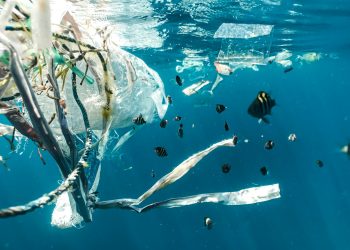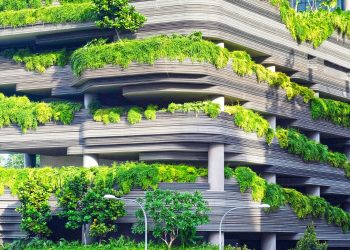Sustainability in Everyday Life
What if I told you that every decision you make today will ripple through generations to come? Sustainability is not merely a buzzword or a fleeting trend; it is the foundation of our future. The choices we make in our personal lives, communities, and businesses have the potential to either sustain life or deplete the very resources that nourish it. Why, then, do we often overlook its significance in the mundane moments of our lives?
Personal Awakening
A few years ago, I found myself standing in a grocery aisle staring at rows of packaged goods wrapped in plastic. My inner debate began: do I pick convenience or sustainability? This seemingly insignificant moment was a turning point. It hit me—what if each plastic wrapper I dismissed became a permanent scar on the planet? The realization sparked a personal commitment to aligning my habits with values rooted in environmental consciousness. But sustainability isn’t just about avoiding plastic; it’s about questioning every routine task.
From Personal to Global
Sustainability stretches far beyond personal habits. Globally, industries are undergoing seismic shifts. Companies like Patagonia have transformed their business models to emphasize eco-friendly practices. This begs the question: can every business embed sustainability into its DNA? While some resist due to perceived costs, new research from organizations like Deloitte highlights the economic benefits of sustainable operations, proving that green is not just ethical—it’s profitable.
Challenging Conventional Thinking
Traditional wisdom often suggests that sustainability requires sacrifice—giving up comforts and conveniences. But what if we flipped the narrative? What if sustainability amplified creativity and innovation? Psychologists argue that living sustainably cultivates mindfulness, a heightened awareness of resources, and improved problem-solving skills. It stretches the limits of what we think is possible and forces us to innovate. Consider the zero-waste movement: once seen as extreme, it’s now sparking ingenious solutions in packaging, production, and consumer habits.
Future Trends: The Age of Automation
As technology evolves, the intersection of sustainability and automation presents intriguing possibilities. Companies are already leveraging AI to optimize energy use, improve recycling methods, and predict environmental impacts. Elon Musk’s vision of sustainable urban transportation with Tesla is another example of how technological advancements are ethic-driven. What might the next decade hold? Automated systems that track personal carbon footprints? Smart cities powered entirely by renewable energy? The answers lie within the innovative minds of our generation.
Strategies for Everyday Sustainability
Adopting sustainability doesn’t require an overhaul of your lifestyle; it begins with small, actionable steps:
- Support local farmers and markets to minimize transportation emissions.
- Invest in reusable and biodegradable products instead of disposables.
- Normalize repairing and repurposing items rather than discarding them.
- Engage in educating others about the importance of sustainable choices.
One impactful exercise is conducting a personal audit of your carbon footprint, which transforms vague concerns into tangible targets for improvement.
Why Continuous Learning Matters
Sustainability, like any global challenge, requires persistent education. Philosopher John Dewey once said, “Education is not preparation for life; education is life itself.” Staying informed about environmental developments ensures that our practices evolve alongside new knowledge. For example, a deeper understanding of circular economy principles could lead to breakthroughs in waste reduction on both personal and industrial scales.
Taking Action and Owning Responsibility
The time for complacency is over. Each of us holds the capacity to influence our environment positively or negatively. Whether it’s choosing renewable energy for your home or advocating for policy change in your community, every effort counts. Imagine your daily life as a ripple in the vast ocean; though a single ripple may seem inconsequential, combined, they form waves that shape shorelines.
Reflecting Back to Move Forward
When we consider sustainability, we must return to a foundational question: what kind of legacy do we wish to leave? In questioning our habits, embracing innovation, and continuously learning, we craft a pathway toward brighter tomorrows. Sustainability is not an impossible task; it’s a mindshift—a call to live, work, and innovate differently for the benefit of all.












